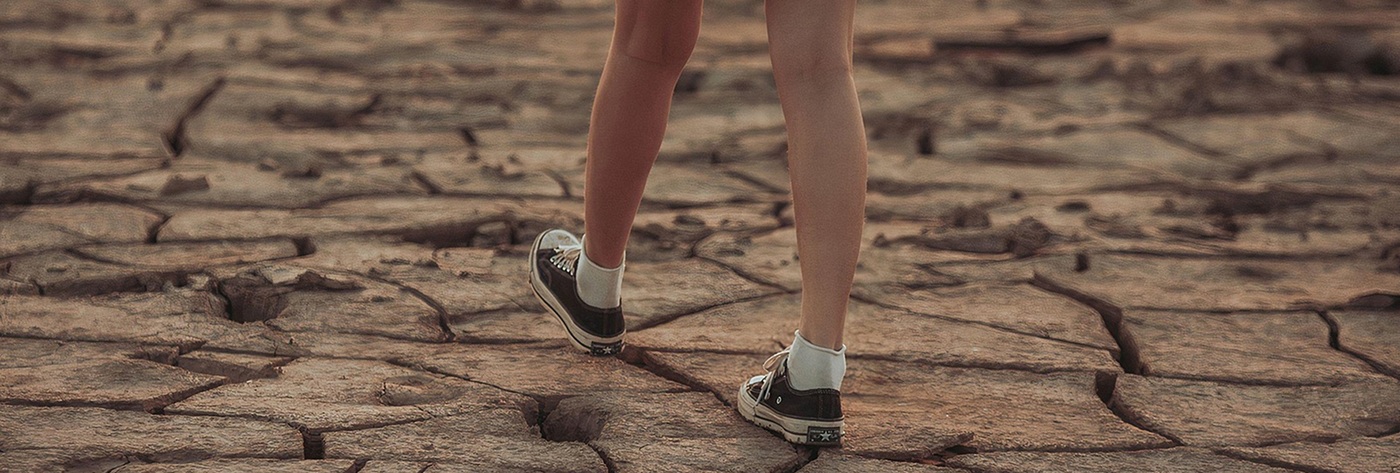
Photo: Pixabay.com
It’s hard to imagine a happening more crippling to the spirit of a parent than the death of a child.
Those who have been through it understand the starkness of the unimaginable – the passing of a loved one who one would usually expect to be still here long after the parent’s own departure.
But for those of us who’ve never experienced something so confronting, we can but put ourselves into the person’s shoes and do our best to empathise.
Many years back my business employed a woman who radiated bubbly enthusiasm in everything she did. I was surprised to learn that, in her past, she’d lost a nine-year-old son. How could it be, I wondered, that she’d managed to resurrect her life so she could be a positive spirit to others?
While we never discussed it, it’s inevitable that the impact on her mind and spirit must have been overwhelming. However, I assumed she’d received good support from others and that time had healed, at least in part. But I also imagined that the pain of her loss never left her and that her outward effervescence helped her cope.
Empathy is surely about being kind and considerate to our fellow travellers. But I wonder too if the ability to bounce back from adversity also has something to do with empathy? Could it be that those who most easily walk in another’s shoes, also give themselves a better pathway out of a difficult situation.
We certainly know the world is witnessing a troubling rise in lack of empathy and, with it, people are less happy. Hate and intolerance, manifesting in various forms such as racism, xenophobia, religious intolerance, and discrimination against marginalised individuals and communities is sparking concern among many policymakers, activists, and citizens worldwide, prompting a deeper examination of its causes and implications.
In times of social upheaval or uncertainty, people may seek solace in familiar identities and view those who are different as threats.
But, whatever the causes and the social drivers, it’s a pretty sure bet that any individual who promotes their own superiority by denigrating others, say dark-skinned people, women, gays, Muslims or just poor people, is afraid of something. That ‘something’ is obviously other people who likely do not conform to what they consider to be ‘normal’.
What’s worse, this fear can be manipulated by those in power to foster division and maintain control, as we are currently seeing in Trump’s America. Whether it is fear of immigrants, religious minorities, or those with differing political views, fear can lead to the rejection and vilification of entire communities – a culture war.
While this fear of the ‘other’ is a powerful motivator for movements such as white supremacy, it also has the effect of diminishing the hater because their mind-set and support network is entirely one-dimensional.
Of course there is no logic for all this, even though we can easily point to an uncertain and changing world. It’s a visceral human response but offers nothing more than a race to the bottom.
That is unless each one of us works on building meaningful empathy for those whose experiences of life are different from our own.
The death of a child is easier to understand if one has experienced it oneself. The passions of a Somali immigrant are much easier to accept if you happen to also be Samali. The mind of a transvestite is likely a mystery to any non transvestite.
We have in our own midst, people in high places who freely dispense their views and advice to people and communities that are a million miles from their own experiences. For all the same reasons, I’d reckon that the best person to ask about sexism is a woman who has experienced it, or best ask a person about xenophobia, who is from a marginalised ethnic community.
To a parent who has lost a child, quite possibly the last thing anyone should do is offer wisdom and advice. Just know that it’s someone else’s lived experience and give them your ear and tons of empathy.
 You can contact Fraser here.
You can contact Fraser here.
Fraser Carson is the founding partner of Wellington-based Flightdec.com. Flightdec’s kaupapa is to challenge the status quo of the internet to give access to more reliable and valuable citizen generated content, and to improve connectivity and collaboration.
Flightdec websites include: KnowThis.nz, Issues.co.nz and Inhub.org.nz.
OTHER POSTS




